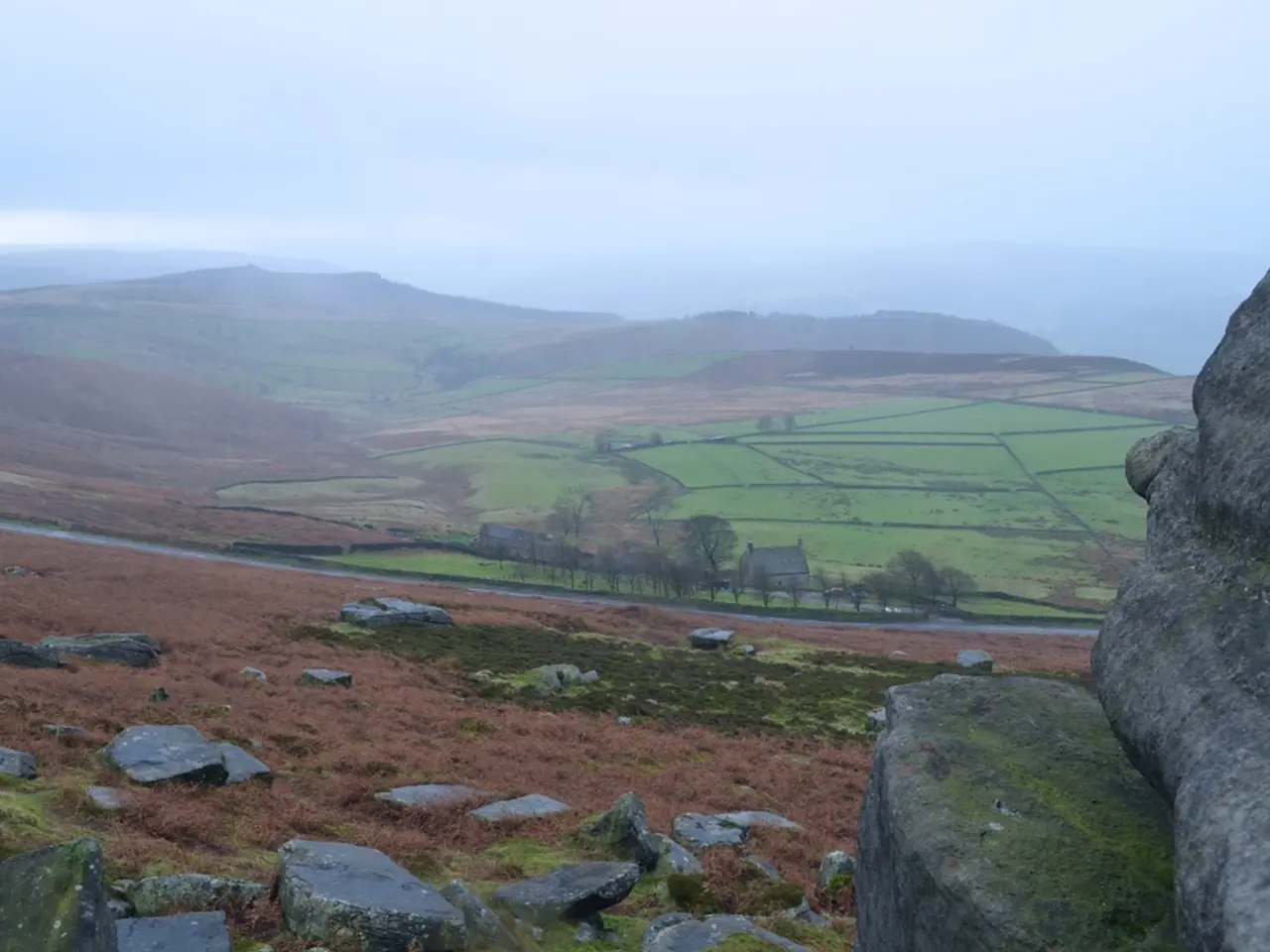Refreshing Himachal Pradesh Tourism for a Brighter Future
The Antiquated Is Not Necessarily Valuable Anymore
Amidst the toursism industry's current turmoil due to the COVID-19 crisis, we have a chance to evaluate, strategize, and redesign Himachal Pradesh's tourism landscape for a more robust, eco-friendly, and people-centric travel experience in the future. Sitting comfortably within India's tourism geography, Himachal holds a significant position among Himalayan states.
In light of the global pandemic, tourist behavior will undergo a transformation, focusing on various aspects mindfully before stepping out of their safe environments. The old normal in tourism is no longer an option. Components like health facilities, hygiene, travel time and modes, and the carbon footprint of travel will take on new meanings and interpretations.
The crisis has essentially altered the tourist's mindset, prompting them to consider various factors cautiously before venturing out. The adage "Think Global, Act Local" becomes even more relevant now as we all grapple with this worldwide predicament.
Post-pandemic, rural travel is set to be a major trend in Himachal. It's high time to foster programs like Community Based Tourism (CBT) to prolong the tourism sector's lifeline.
This healthcare crisis will soon give way to an economic crisis, especially in Himachal where people heavily rely on tourism and horticulture. Just like climate change affects our horticulture by turning seasons either good or bad, the pandemic has significantly impacted the tourism industry. However, it has also presented us with an opportunity to reveal a new, mindful Himachal to conscious travelers.
In the wake of COVID-19, it's time to explore, package, and present a revamped Himachal 2.0, replete with offbeat destinations. Rural travel will thrive in the post-COVID era since responsible tourists will actively avoid popular destinations due to social distancing.
It's about time we emphasize programs like CBT, supported by institutions like the Asian Development Bank. Institutionalizing CBT within the tourism department is crucial, as it's high time the state invests in underdeveloped tourism locations and their local communities.
Tourism practices in Himachal post-pandemic should be viewed through the lens of responsible travel, celebrating the state's natural beauty and rich culture. It's essential for the government to develop tourism strategies for short, medium, and long-term growth, fostering resilience in the sector and ensuring benefits are distributed evenly across the state instead of being concentrated in popular tourist spots.
Destinations like Tirthan Valley, Barot Valley, Bir and Billing, Andretta, Spiti, Chamba, Pangi, and numerous wildlife sanctuaries, national parks, and pristine valleys offer unparalleled experiences, but should avoid the path of mass tourism. A strong community-based monitoring mechanism, combined with the government's proactive approach, ensuring the triple bottom line of sustainability — Economic (profit), Environmental (planet), and Social (local people) — should be the face of the new Himachal! Through responsible travel practices, we will ensure a win-win situation for the tourism community and the state.
Ankit Sood, a seasoned Ecotourism Expert, has been instrumental in the position of National Ecotourism Expert in JICA aided Sikkim Biodiversity Project (Govt. of Sikkim) and Ecotourism Planner & Forest Conservation Specialist with ADB funded IDIPT project with the Tourism Department of Himachal & Uttarakhand. He is also the founding member of Sunshine Himalayan Adventures, a pioneering company practicing sustainable tourism since 1996!
COVID19, Himachal Pradesh, Sustainable Tourism
Insights:
- Ankit Sood's focus: Sood emphasizes the importance of eco-friendly tourism practices that create less waste, promote a clean and healthy vacation destination, and ensure ecological conservation to preserve the natural beauty and biodiversity of Himachal Pradesh.
- Sustainable tourism strategies: These strategies aim to balance tourism growth with environmental protection, fostering a green and resilient tourism economy in the state post-pandemic.
Offbeat destinations like Tirthan Valley, Barot Valley, and Spiti offer unique lifestyle experiences for travelers who favor ecotourism and wish to avoid mass tourism. To promote a more mindful approach to travel and support local communities, fostering programs like Community Based Tourism (CBT) will be vital.




